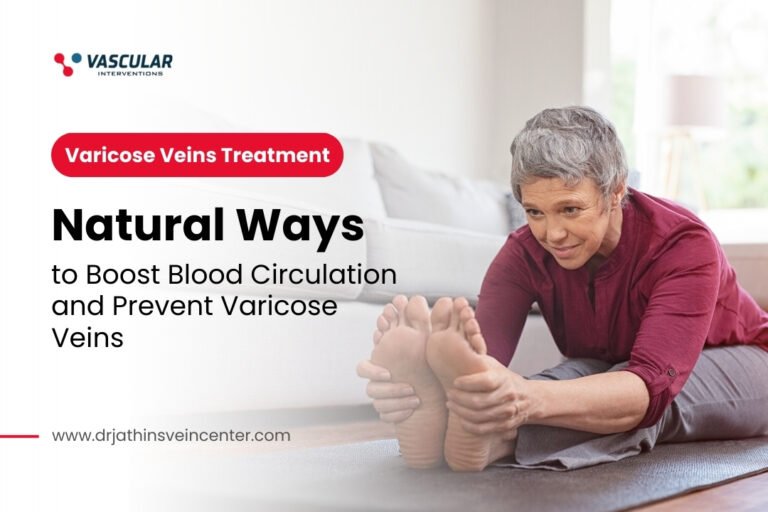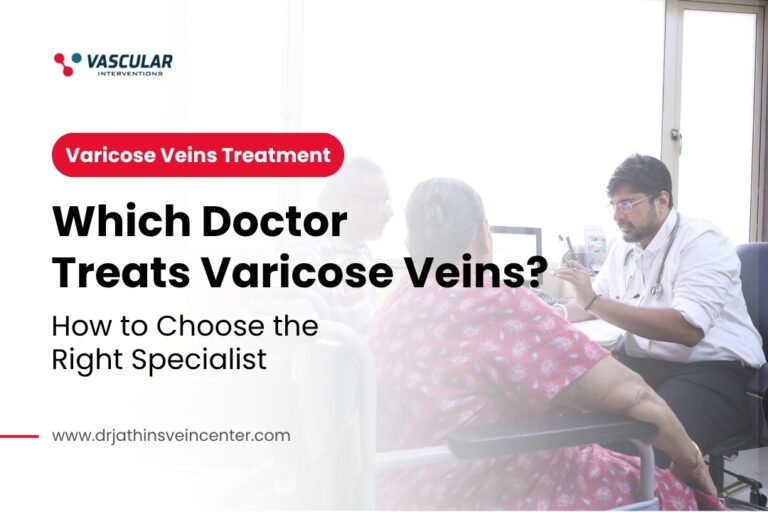Deep vein thrombosis (DVT) is a serious condition that, if not treated quickly, can lead to serious health complications like pulmonary embolism, stroke, or death. Those with DVT need to take the correct medication to reduce their risk of further complications. This article is intended to help individuals navigate the many available treatments for DVT and make an informed decision about which medication is best for them.
We will explore how to identify which drugs are suitable for your particular condition, as well as the associated risks and side effects of each medication. We will also discuss the importance of making sure to consult with a doctor before making any treatment decisions.
Lastly, we will discuss the importance of following doctor’s orders and taking the medications as prescribed. By the end of this article, you should have the necessary information to make an informed decision about which medication is best suited to manage your DVT.
- Understand the Causes of DVT
Before selecting the right deep vein thrombosis medication for you, it is essential to understand the causes of DVT. DVT can be caused by a variety of factors, including prolonged sitting or inactivity, certain medical conditions, certain types of surgery, recent hospitalization, obesity, and certain medications.
Talk to your doctor about any risk factors you may have for developing DVT and make sure to discuss the possible side effects of any medications you may be taking. Knowing the causes of DVT can help you make informed decisions about the best treatment options for you. - Understand Treatment Options
Now that you have a better understanding of what deep vein thrombosis is, it’s time to evaluate your treatment options. Your doctor might recommend a combination of medications, lifestyle changes, and other treatments, depending on the severity of your condition.
Some common prescriptions for deep vein thrombosis include anticoagulants, such as warfarin, to help prevent clots from forming; thrombolytics, to dissolve existing clots; and compression stockings to reduce swelling and pain. Together, these treatments can reduce your risk of developing a more serious condition, such as pulmonary embolism. - Consider Side Effects and Interactions
When choosing the best medication for deep vein thrombosis, it is important to consider potential side effects and interactions with other drugs you may be taking. Be sure to discuss the possible side effects and interactions with your doctor before making any decisions regarding your medication.
Usually, your doctor will be able to prescribe a medication that has minimal side effects and will not interfere with any other medications you may be taking. Additionally, you should be aware of any over-the-counter medications or supplements you are taking, as they may interact with the medications prescribed for your condition. - Speak to Your Doctor About Your Medical History
Before deciding on a deep vein thrombosis medication, it is important to speak with your doctor about your medical history. Your doctor can provide insight into the best course of action for you. Depending on the state of your health, your doctor may suggest a certain type of medication that would be most beneficial for you.
Additionally, your doctor can guide possible side effects that may occur due to different types of medications. It is crucial to always consult your doctor before making any decisions regarding deep vein thrombosis medication. - Compare Costs of Medications
Once you have narrowed down your choices for the best DVT medication for your needs, it is important to compare the costs of the various medications. Some medications may be more expensive than others, but may also be more effective. Therefore, it is important to compare the cost of the medications with the effectiveness and duration of the treatment.
Analyzing the cost-effectiveness of the medications will help you to make an informed decision about the best type of medication for you. - Consider The Potential Benefits of Natural Remedies
For some people, natural remedies may be a viable option when it comes to managing deep vein thrombosis (DVT). Natural remedies can provide the same relief for some people without the need for more potent medications. Before you decide to go this route, it’s important to consider the potential benefits and drawbacks of natural remedies.
Talk to your doctor about the safety and effectiveness of natural remedies for DVT, so you can make an informed decision about your treatment plan. - Follow Proper Dosage Instructions
Once you have identified an appropriate deep vein thrombosis medication, it is important to follow the dosage instructions provided by your healthcare provider. Taking too much or too little of a medication can be dangerous, and some medications may require special instructions for dosage. Make sure to read the instructions carefully, ask questions if anything is unclear, and closely follow the instructions for proper dosing. If you miss a dose, take it as soon as you remember, and do not double up to make up for the missed dose. - Stay Informed on New Medications and Treatments
When it comes to choosing the right deep vein thrombosis medication for you, it is important to stay informed about new medications and treatments. The medical field is constantly evolving, and new medications and treatments may become available that may be more effective than what was available previously.
Keep an eye out for news about any new medications or treatments that may be available and speak to your doctor about any potential options. By staying up-to-date on the latest medications and treatments, you can make sure you are getting the best treatment for your condition.
Conclusion
If you think you may have deep vein thrombosis, it is important to speak to your doctor to find the right medication for you. The range of available medications can be overwhelming, but understanding the types of medications and their pros and cons can help you make the best decision for your health.
With the right information and support, you can find a deep vein thrombosis medication that works for you.





